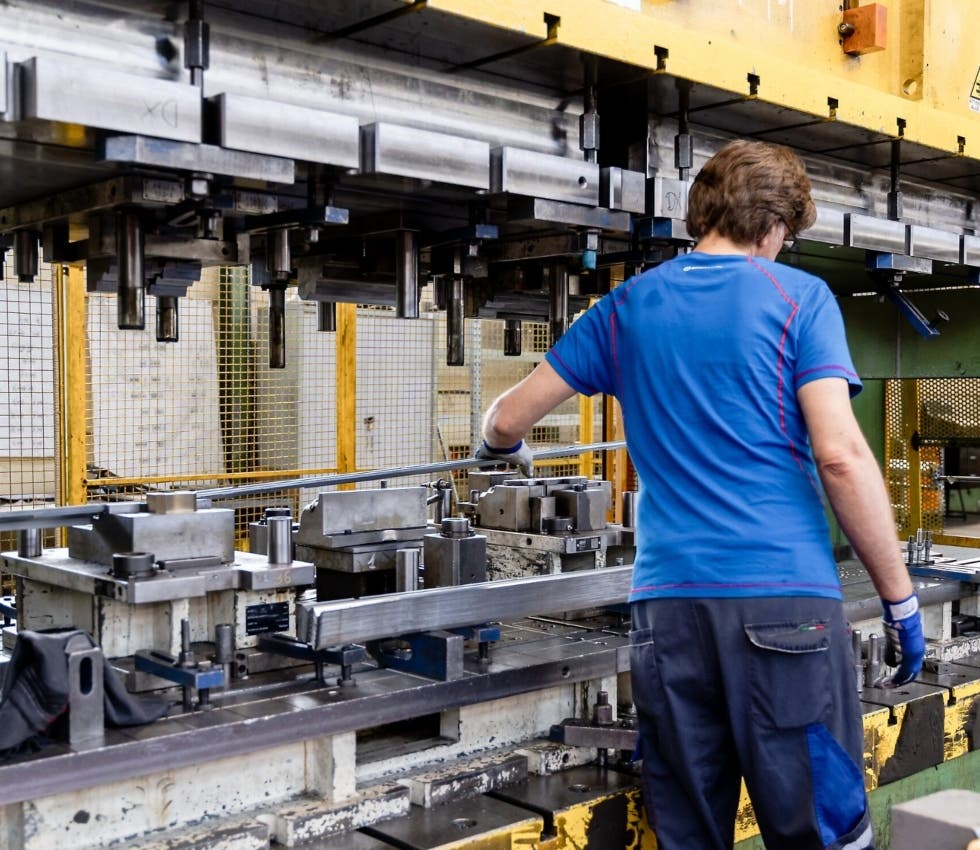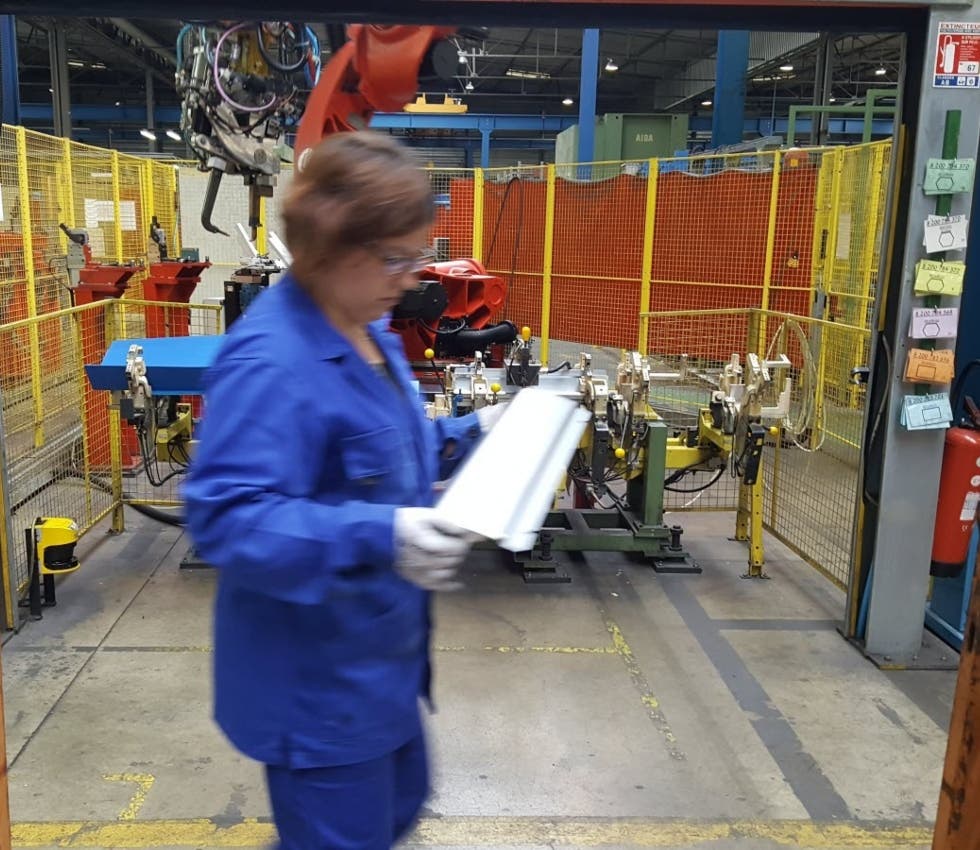Stellantis and Baomarc have been locked into a legal war that is likely to leave its mark. At the core of the dispute is an outdated contract and the inability to agree on new terms.
A dispute between Stellantis and Baomarc
The longstanding and historic partnership between Stellantis and Baomarc Automotive Solutions, a leading supplier of components for the Ducato, is currently grappling with a legal dispute that could also have major repercussions and even affect the entire Italian automotive sector. At the heart of the current issue would be the failure to revise contract prices, which date back to as far as 2002. This has generated the consequent interruption of supplies by Baomarc for the automotive group.
So the real difficulty results from the exponential increase in production costs, from aluminum to energy, which have made it virtually impossible for Baomarc to continue applying the same contractual conditions that were stipulated at the beginning of the collaboration. Although there have been repeated requests for adjustments from Baomarc, Stellantis has been equally insistent on keeping prices unchanged. This obviously prompted the supplier to immediately stop supplies at the Atessa, Melfi and Pomigliano d’Arco plants.
The controversy reached such an extent that it had to resort to a series of judicial appeals. Initially, the Court of Turin had partially accepted Baomarc’s arguments, deeming Stellantis’ conduct “abusive.” However, an order held later completely overturned the ruling, agreeing with the automotive giant.

The economic consequences of a protracted dispute
These dispute has been highlighting the fragility of an industry, like the automotive sector, that for obvious reasons is characterized by complex supply chains and interdependencies that are always becoming tighter and tighter between the companies that decide to collaborate. The ramifications of this contention could come to extend far beyond the boundaries of the two companies that are currently involved. Indeed, were the dispute to continue for a long period, it might set off a chain reaction, with production delays, progressive cost increases, and a general loss of competitiveness as far as the entire Italian automotive sector is concerned. Additionally, if an agreement is not reached, it could also damage the reputation of both companies, which would go a long way toward making it more difficult to try to establish new partnerships and attract positive investment for growth.

Unfortunately, the affair between Stellantis and Baomarc makes us realize that in an industry like the automotive sector, the various market dynamics that are always changing and the evolution of technology can make even contracts that were thought to be more established obsolete after so many years. The need to find solutions that are balanced for both parties and, above all, durable is becoming critical. All the more so if the Italian automotive sector is to be adequately competitive on a global level.
